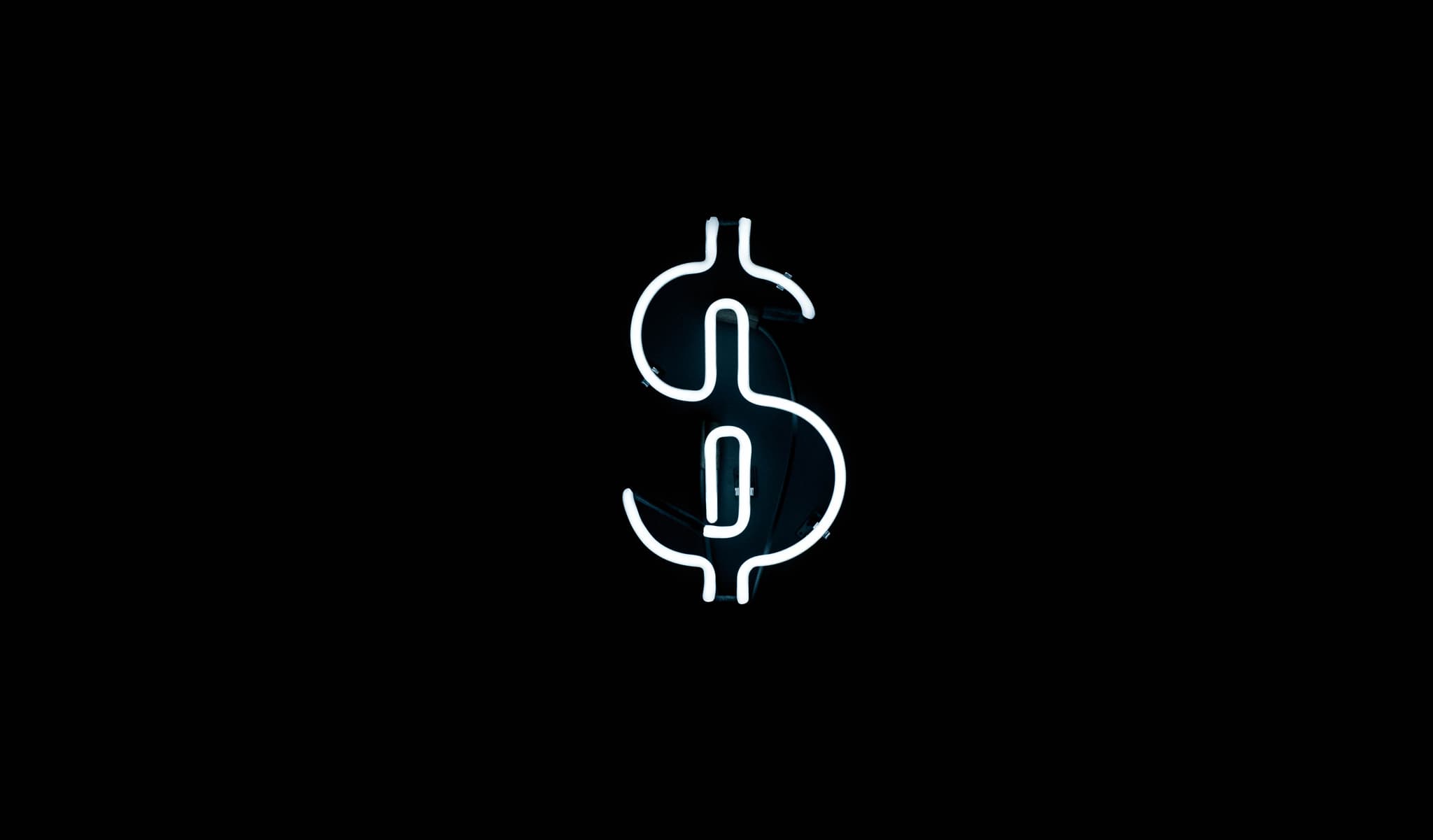Economics
Research
Workforce
Oxfam releases briefing paper highlighting gender pay gap

Freya Lucas
Jan 22, 2019
Save
As the early childhood education and care (ECEC) sector continue to push for a fairer wage, and more equitable employment conditions, Oxfam Australia have added a briefing paper to the conversation, highlighting that the top one per cent of Australian income earners continued to own more wealth than the bottom 70 per cent combined in 2018.
The findings of the briefing paper are likely to be of interest to those in ECEC on the back of calls from the Australian Labor Party (ALP) to change the Fair Work Act to “make it clear that the Fair Work Commission must consider pay equity a central objective of the workplace relations system”.In late 2018 The Sector reported that the ALP vowed to give the Fair Work Commission greater capacity and funding to conduct pay equity reviews and order pay increases in “undervalued feminised industries (sic)”, saying that “low-paid workers should not have to rely on fighting complex, expensive legal cases to secure a decent wage rise”.
“The wealth of Australia’s 43 billionaires, who are mostly men, climbed to almost $160 billion in total in 2018. At the same time, the wealth of the bottom half of our community has not changed and ordinary workers’ wage growth has remained stagnant,” Dr Szoke said.
Dr Szoke said Australian women continued to face economic disadvantage – earning 85 cents for every dollar earned by men and dealt a gender pay gap that continues to favour men in every single industry.She further highlighted that Aboriginal and Torres Strait Islander peoples fell into a group that was being left behind. “Not only do Australian Government statistics show that the proportion of Indigenous households with incomes in the bottom 25 per cent is double that of non-Indigenous households, Indigenous women’s maternity outcomes also perform extremely poorly compared to non-Indigenous women,” Dr Szoke said.
Dr Szoke said there were a number of key actions the Federal Government could take to tackle rising inequality head-on.
“The Government should introduce tougher tax laws that require large Australian companies to publicly report on their tax affairs by country,” Dr Szoke said.
Reinstating a Women’s Budget Statement, to better analyse and inform decisions on gender equity, and properly resourcing public health services for Indigenous Australians to close the gap on appalling health inequality for many of our First Peoples, were also critical in the bid to create a fairer Australia for all,” Dr Szoke said.
“Australia is among the wealthiest nations in the world, yet the pervasive gap between the haves and the have-nots persists.This inequality simply cannot – and does not need to – continue.”
For copies of the Australian paper and global report, please contact Amanda Banks on 0411 449 653 or amandab@oxfam.org.au
Don’t miss a thing
Related Articles



















